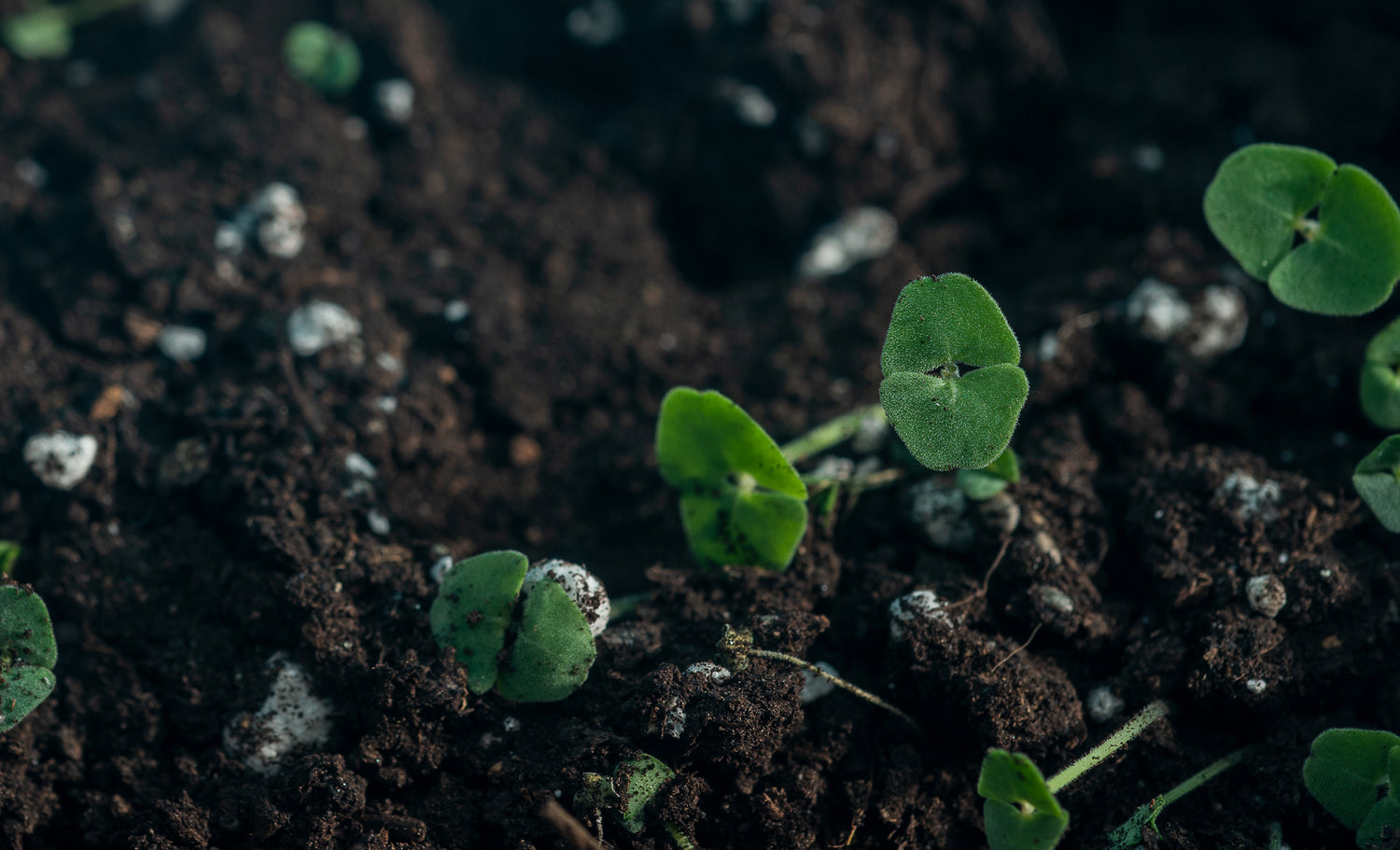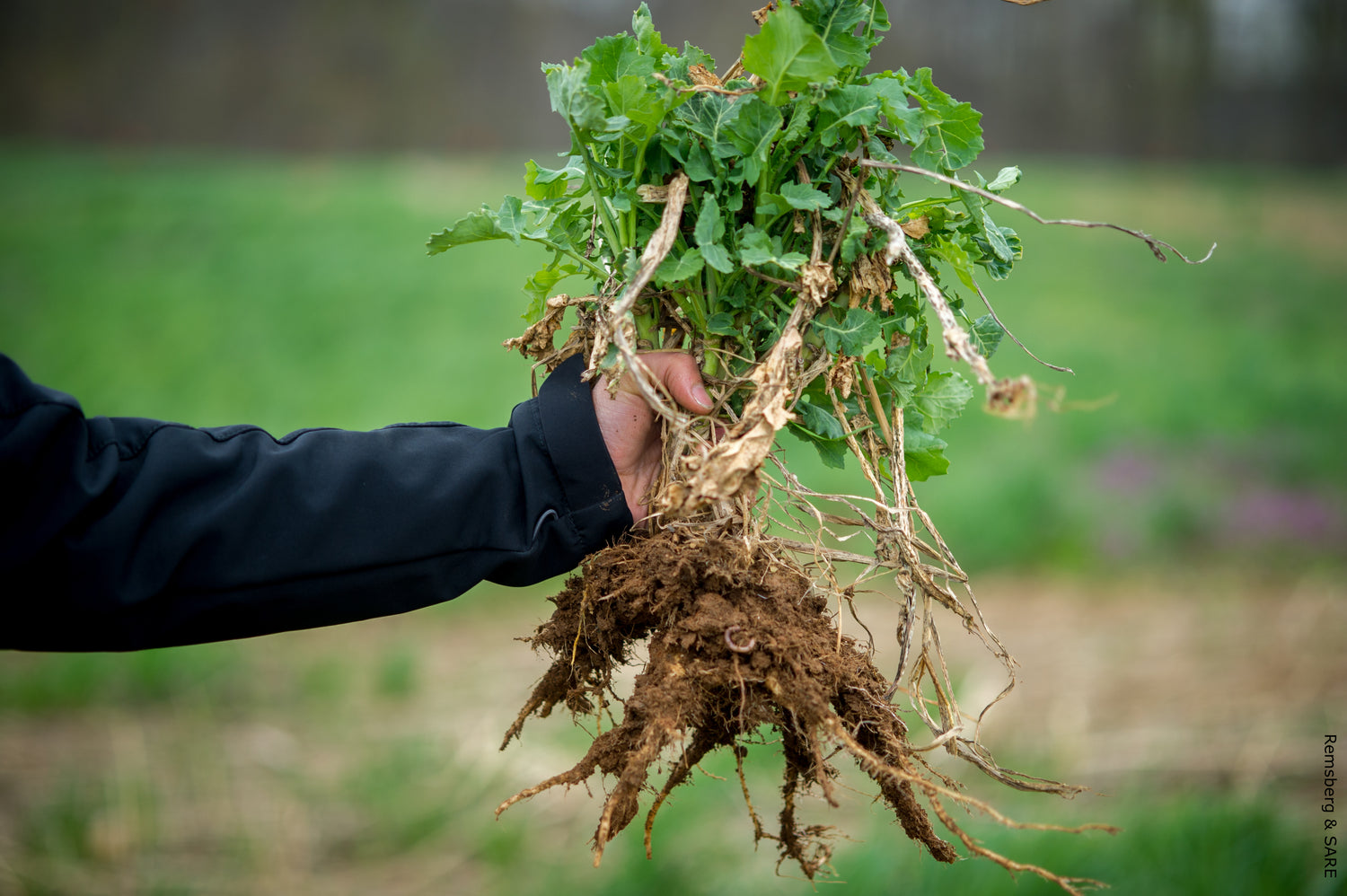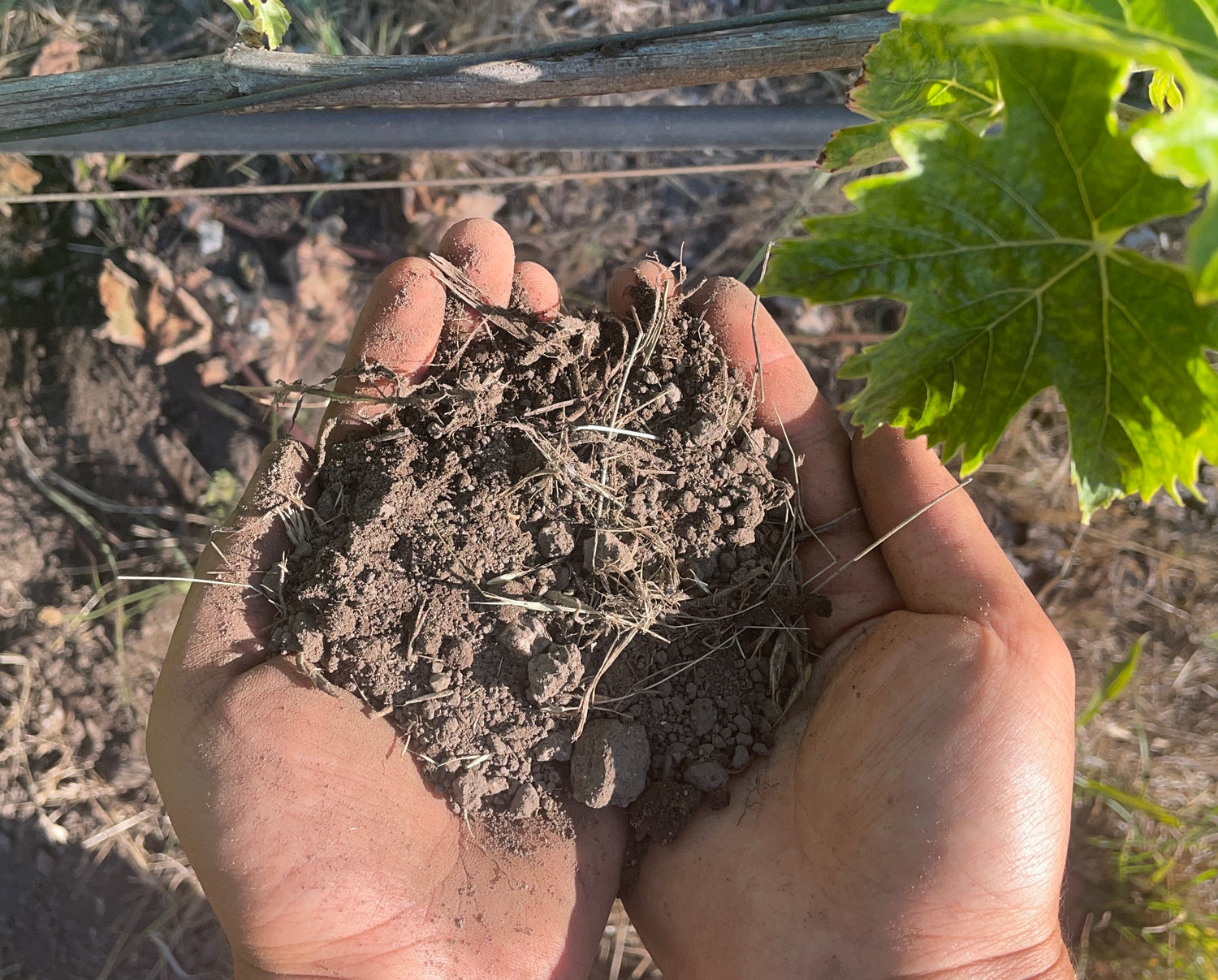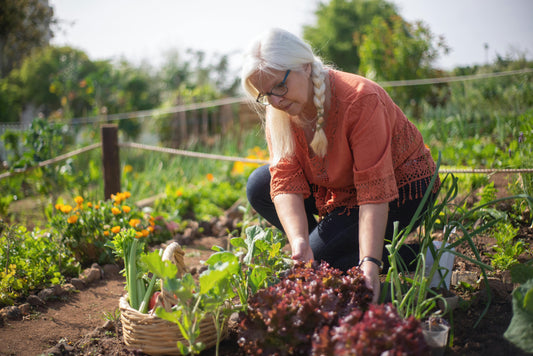In California’s diverse landscapes, from coastal dunes to inland valleys, soil testing is a cornerstone for agriculture, construction, environmental management, and gardening. Alluvial Soil Lab, a leader in soil analysis, delivers tailored insights to navigate the state’s complex soil conditions. This 2025 guide, informed by cutting-edge 2024 research, explores the importance of soil testing, its methodologies, result interpretation, and strategies for optimizing soil health, empowering stakeholders to foster sustainable, resilient landscapes.
Why Soil Testing Matters in California
California’s ecological diversity demands precise soil understanding. Soil testing reveals nutrient levels, pH, organic matter, and contaminants, enabling informed decisions for farmers, landscapers, and developers. A 2024 *Journal of Environmental Management* study found that soil testing boosts agricultural yields by 15–25% by optimizing nutrient use (Journal of Environmental Management, 2024). Whether ensuring crop productivity, supporting MWELO-compliant landscapes, or mitigating construction risks, soil testing is essential for success in California’s varied terrain.
Soil Testing Methods at Alluvial Soil Lab
Alluvial Soil Lab employs advanced techniques to deliver accurate, actionable soil analyses. Our methodologies include:
- Chemical Analysis: Measures nutrient levels (nitrogen, phosphorus, potassium), pH, salinity, and heavy metals (e.g., lead, arsenic) using chemical assays, critical for assessing fertility and contamination risks.
- Physical Analysis: Evaluates texture (sand, silt, clay), structure, moisture content, and porosity to determine water retention and drainage, vital for irrigation planning.
- Biological Analysis: Assesses microbial activity, beneficial organisms, and pathogens, providing insights into soil health. A 2024 *Applied Soil Ecology* study highlights microbial diversity’s role in soil resilience (Applied Soil Ecology, 2024).
- Spectroscopic Analysis: Uses infrared and X-ray spectroscopy to analyze organic matter and mineral composition at a molecular level, offering precise data for advanced soil management.
Interpreting Soil Test Results
Understanding soil test results requires expertise in soil science. Alluvial Soil Lab provides clear, actionable reports that detail:
- Nutrient Levels: Identifies deficiencies or excesses (e.g., low nitrogen, high phosphorus) with recommendations for precise fertilization.
- pH Balance: Indicates acidity or alkalinity (ideal range: 6.0–7.5 for most plants) and suggests amendments like lime (to raise pH) or sulfur (to lower pH).
- Organic Matter: Assesses content and recommends compost or biochar to enhance soil structure and microbial activity.
- Contaminants: Flags heavy metals, pesticides, or volatile organic compounds (VOCs), ensuring compliance with California regulations.
A 2024 *Soil Science Society of America Journal* study emphasizes that tailored interpretations improve soil management outcomes by 30% (Soil Science Society of America Journal, 2024).
Optimizing Soil Health
Soil testing is the foundation for proactive soil management. Alluvial Soil Lab offers sustainable recommendations to enhance soil health, aligning with California’s environmental goals:
- Organic Soil Amendments: Compost, manure, or biochar improves structure, fertility, and microbial diversity, reducing reliance on synthetic inputs.
- Precision Fertilization: Targeted nutrient applications minimize waste and runoff, supporting water quality. A 2024 *Agricultural Systems* study found precision fertilization cuts environmental impact by 20% (Agricultural Systems, 2024).
- Cover Cropping: Crops like clover or vetch reduce erosion, suppress weeds, and fix nitrogen, enhancing soil fertility.
- Soil Conservation Practices: Terracing, contour farming, and agroforestry prevent erosion and runoff, critical for California’s sloping terrains.
These practices align with MWELO requirements, mandating 4 cubic yards of compost per 1,000 square feet and a 3-inch mulch layer for water-efficient landscapes.
Navigating Regulatory Compliance
California’s stringent regulations, including MWELO and state environmental standards, govern soil quality in agricultural, urban, and construction settings. Alluvial Soil Lab ensures compliance by testing for contaminants like heavy metals, pesticides, and VOCs, helping clients meet standards set by the California Department of Toxic Substances Control and the State Water Resources Control Board. Our reports mitigate legal risks and protect public health, as highlighted by a 2024 *Environmental Science & Policy* study on soil contamination management (Environmental Science & Policy, 2024).
Future Directions in Soil Testing
In 2025, soil testing is evolving with technological advancements. Alluvial Soil Lab is pioneering innovations like:
- Remote Sensing: Satellite and drone imagery for large-scale soil mapping.
- Precision Agriculture: Sensor-based monitoring for real-time soil data.
- Microbiome Analysis: Advanced sequencing to optimize soil microbial health, supported by a 2024 *Frontiers in Microbiology* study on microbiome-driven fertility (Frontiers in Microbiology, 2024).
These trends promise more precise, sustainable soil management, enhancing California’s agricultural and environmental resilience.
Getting Started with Alluvial Soil Lab
Begin your soil testing journey with Alluvial Soil Lab in 2025:
- Collect Samples: Gather soil from multiple locations at a 6–8-inch depth using a clean shovel or auger. Store in airtight containers to preserve integrity.
- Submit to Alluvial Soil Lab: Send samples for comprehensive chemical, physical, biological, and spectroscopic analysis.
- Receive Tailored Report: Get clear recommendations for amendments, fertilization, and conservation practices, aligned with MWELO and regulatory standards.
- Implement Strategies: Apply organic amendments, cover crops, or precision fertilization to optimize soil health.
Gardening supplies for soil management are available at trusted California retailers:
- Green Acres Nursery & Supply (8501 Jackson Rd, Sacramento, CA 95826): Offers compost, mulch, and organic amendments. Rated 4.7 stars on Google Maps.
- Armstrong Garden Centers (1364 Morena Blvd, San Diego, CA 92110): Stocks plants and soil products. Rated 4.6 stars.
- City Farmers Nursery (3110 Euclid Ave, San Diego, CA 92105): Provides organic materials and gardening supplies. Rated 4.8 stars.
Conclusion: Cultivating a Sustainable Future with Soil Testing
Soil testing is a transformative practice that unlocks the potential of California’s diverse soils, from coastal sands to volcanic loams. Alluvial Soil Lab empowers stakeholders with precise, actionable insights to enhance agricultural productivity, ensure regulatory compliance, and promote environmental stewardship. Diverse 2024 research from *Journal of Environmental Management*, *Applied Soil Ecology*, *Soil Science Society of America Journal*, *Agricultural Systems*, *Environmental Science & Policy*, *Frontiers in Microbiology*, and UC ANR underscores the critical role of soil testing. Partner with Alluvial Soil Lab in 2025 to test your soil, optimize its health, and cultivate a sustainable, thriving future for California’s landscapes.
Resources
- USDA Natural Resources Conservation Service - California Soil Surveys
- University of California Agriculture and Natural Resources - Soil Quality
- Plant and Soil Testing Laboratories in Central and Southern California
- California Department of Water Resources - MWELO
References
- Journal of Environmental Management - Soil Testing and Yield Optimization (2024)
- Applied Soil Ecology - Microbial Diversity in Soil Health (2024)
- Soil Science Society of America Journal - Soil Test Interpretation (2024)
- Agricultural Systems - Precision Fertilization Impacts (2024)
- Environmental Science & Policy - Soil Contamination Regulations (2024)
- Frontiers in Microbiology - Soil Microbiome Analysis (2024)
- UC ANR - Soil Quality and Testing (2024)












